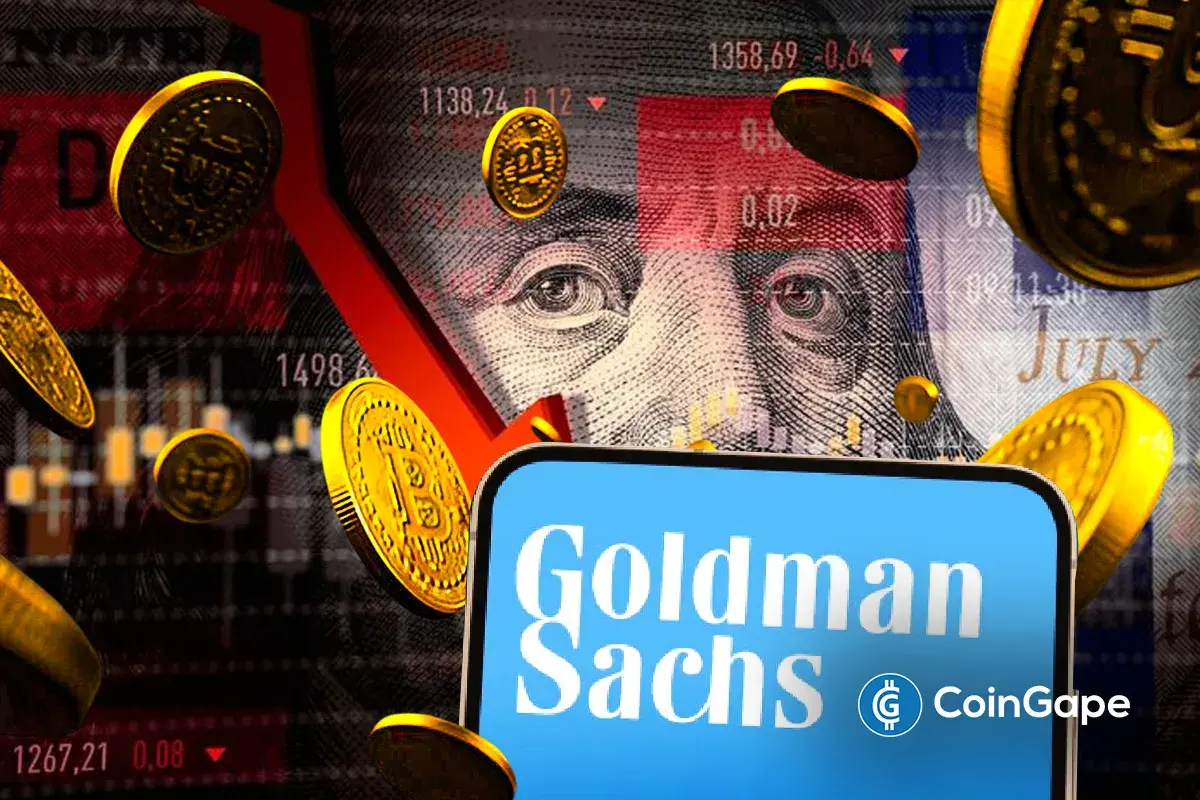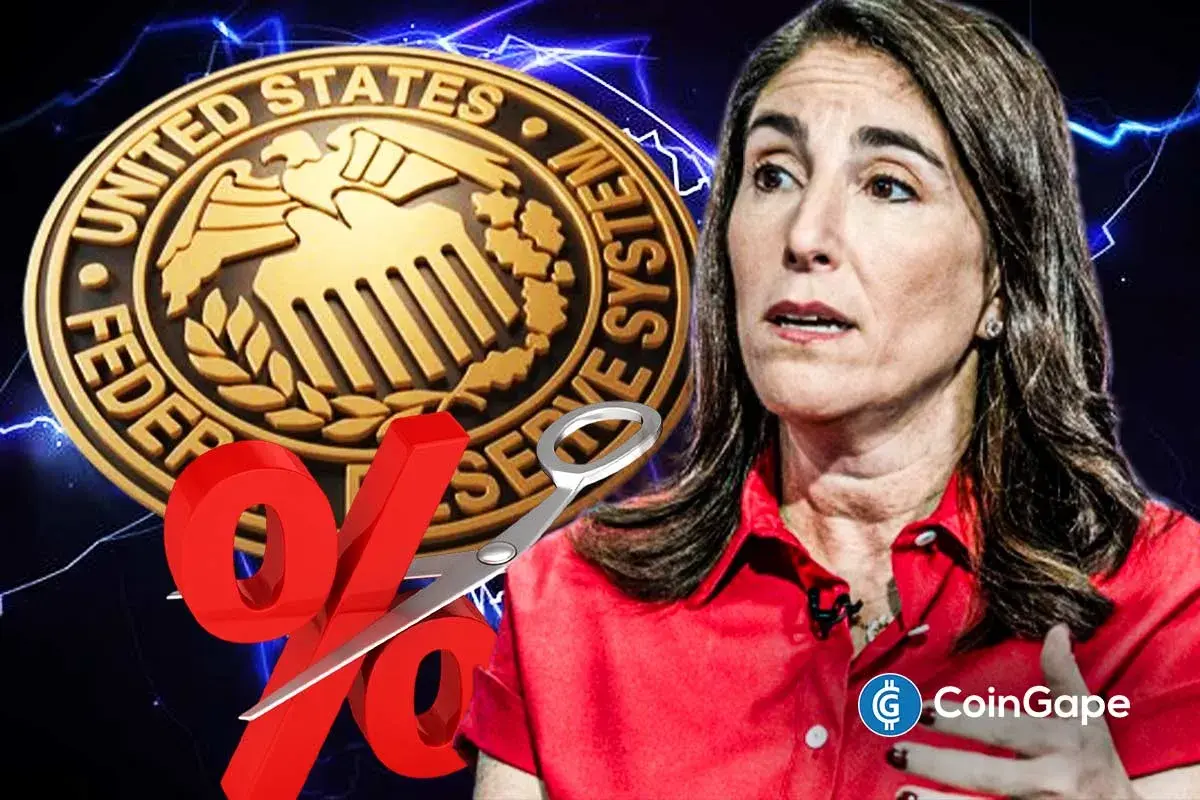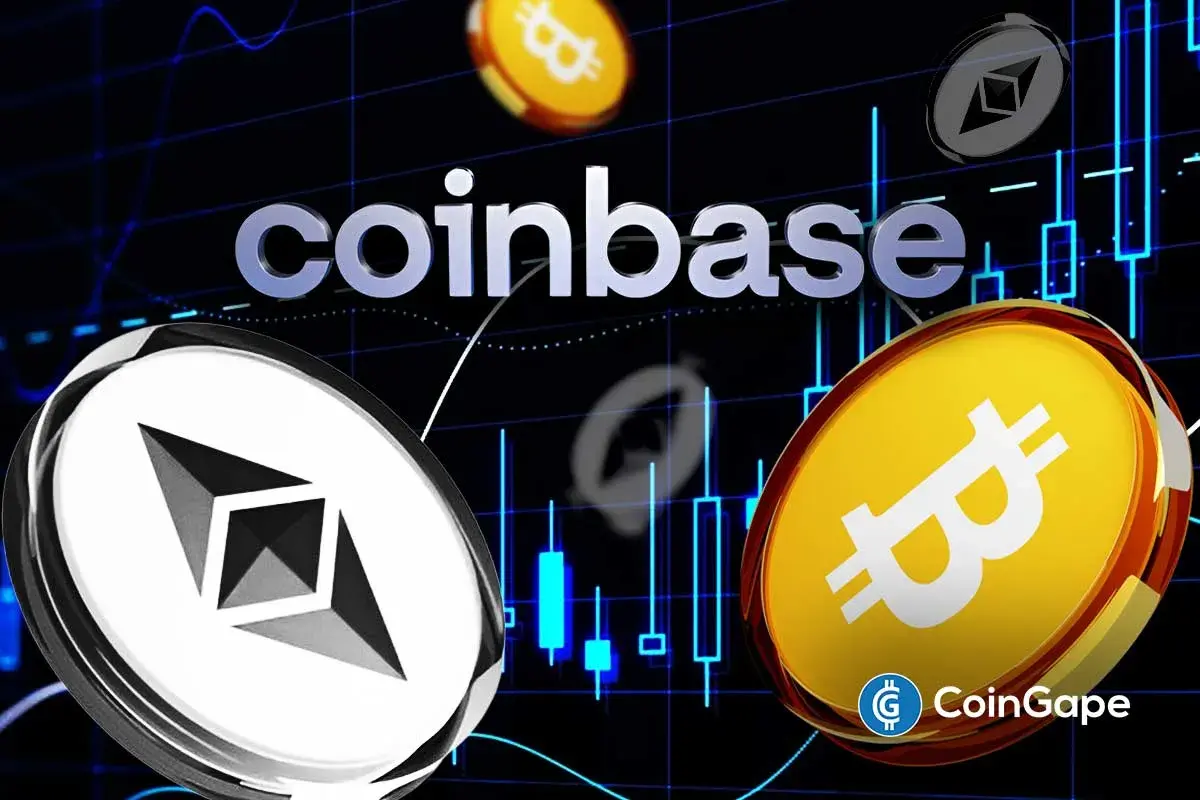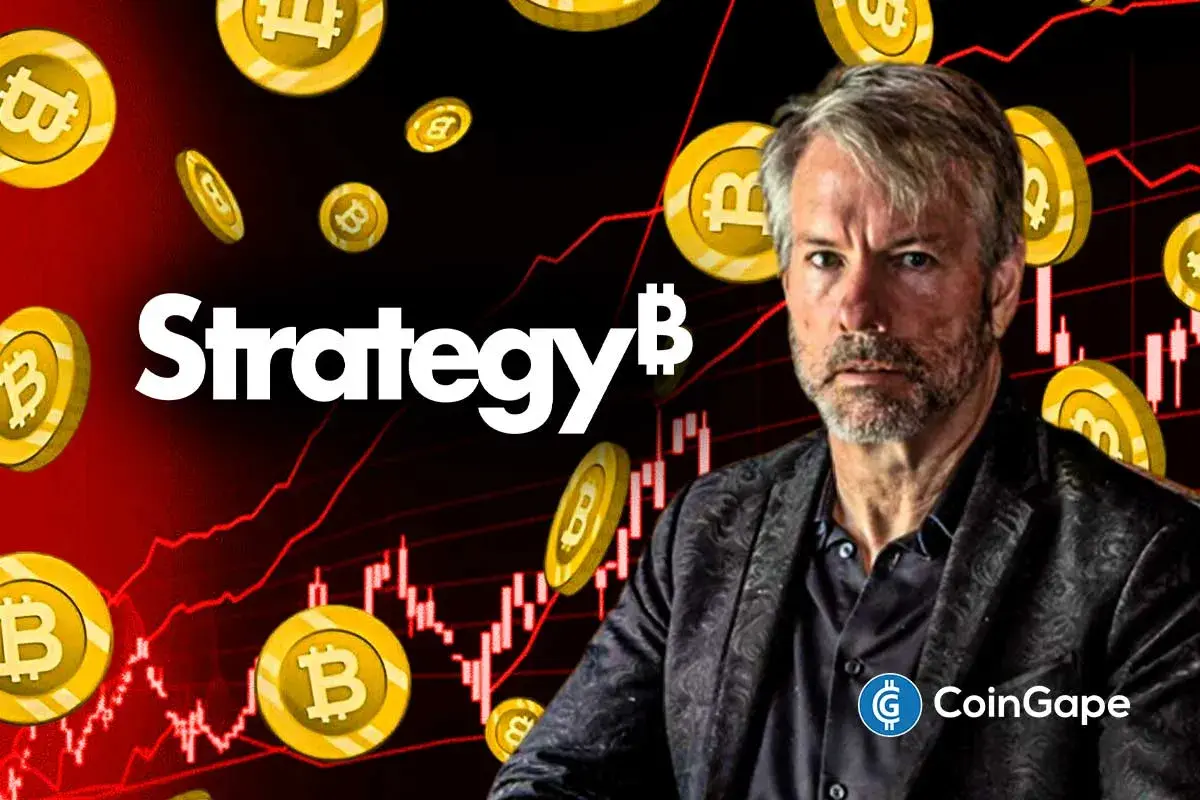Binance In the Middle of a Massive Cryptocurrency Scam in Pakistan; Crypto Security Is Not Unbreakable

The cryptocurrency myth that its security is unbreakable has been proved wrong several times. The latest is a multimillion scam being investigated by the federal agency or the FIA of Pakistan. The fraud involved misleading investors into sending funds from Binance wallets to unknown third-party wallets, reports Cointelegraph.
Fraudsters dupe investors worth multi-millions of rupees
The FIA, the primary central investigative agency of Pakistan, has issued notices to crypto exchange Binance to unearth the links around a multimillion crypto scam in the region. After several complaints of investors being misled into sending funds from Binance wallets to unknown third-party wallets, a criminal investigation was initiated.
Pakistans FIA sends notice to global crypto exchange Binance in alleged $100-million scam #Pakistan #cryptocurrency #scam https://t.co/TwSVrTqSPF pic.twitter.com/zADZEjUg4T
— BitcoinAgile (@bitcoinagile) January 9, 2022
News obtained locally said that the FIA’s Cyber Crime Wing has issued an attendance order to Binance Pakistan’s general manager Hamza Khan. In addition, the process to identify the exchange’s link to fraudulent online investment mobile applications has been initiated.
The Notice detailed the relevant questionnaire has been dispatched to the Binance Headquarters Cayman Islands and Binance US to explain the same. The modus operandi of the fraud was simple.
Huge and unrealistic returns were promised, and users were tricked into registering on Binance and transferring funds to third-party wallets. These schemes are beneficial to old clients at the cost of new clients. After making a killing worth billions of rupees, they ultimately disappear.
Fraudulent crypto mobile apps
More than 11 fraudulent mobile apps that suddenly stopped working after successfully stealing the user’s funds have been identified. The apps determined by FIA are MCX, HFC, HTFOX, FXCOPY, OKIMINI, BB001, AVG86C, BX66, UG, TASKTOK, and 91fp.
Besides misleading the users to transfer the funds, the apps also added the victims on a Telegram group for providing expert betting signals. Each application hosted around 5,000 customers on average.
Pakistan‘s Federal Investigation Agency reportedly issued a formal notice to Binance. The Notice read: “At least 26 suspect blockchain wallet addresses (Binance wallet address) have been identified where fraudulent amount may have been transferred. A letter has been written to Binance Holdings Limited to give the details of these blockchain wallet accounts as well as to debit block them.”
FIA has already blocked the bank accounts that were linked to the suspicious apps and warned that non-compliance could invite stiff penalties on Binance through the State Bank of Pakistan
- $3.5T Banking Giant Goldman Sachs Discloses $2.3B Bitcoin, Ethereum, XRP, and Solana Exposure
- Why is XRP Price Dropping Today?
- Breaking: FTX’s Sam Bankman-Fried (SBF) Seeks New Trial Amid Push For Trump’s Pardon
- Fed’s Hammack Says Rate Cuts May Stay on Hold Ahead of Jobs, CPI Data Release
- $800B Interactive Brokers Launches Bitcoin, Ethereum Futures via Coinbase Derivatives
- Bitcoin Price Analysis Ahead of US NFP Data, Inflation Report, White House Crypto Summit
- Ethereum Price Outlook As Vitalik Dumps ETH While Wall Street Accumulates
- XRP Price Prediction Ahead of White House Meeting That Could Fuel Clarity Act Hopes
- Cardano Price Prediction as Bitcoin Stuggles Around $70k
- Bitcoin Price at Risk of Falling to $60k as Goldman Sachs Issues Major Warning on US Stocks
- Pi Network Price Outlook Ahead of This Week’s 82M Token Unlock: What’s Next for Pi?
















